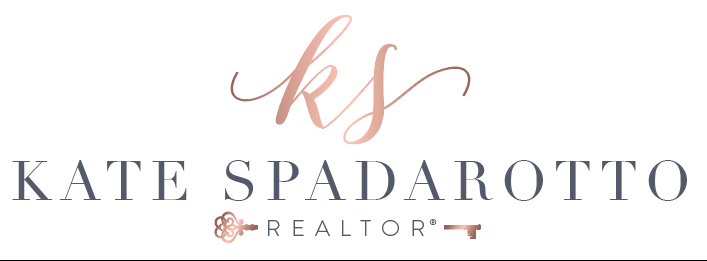Napa County has given the county’s wineries the green light to reopen their tasting rooms to the public, a county spokesperson confirmed late Friday afternoon.The announcement comes after weeks of anticipation on the part of the county’s wineries, which have been shuttered for on-premise wine tastings since March 15.“The impact of the COVID-19 crisis has been devastating for all businesses, and especially for the small businesses which make up the vast majority of wineries in Napa Valley,” Napa Valley Vintner President and CEO Linda Reiff said in a written statement Friday. Reopening tasting rooms would “provide much-needed jobs” for community members, she added.Wineries are now permitted to reopen at their discretion, Napa County spokesperson Elizabeth Scott said. Mark Ghaly, the state’s top health official, signaled earlier Friday the state’s intentions to release guidance for reopening sectors of the economy that had so far remained closed. At the state level, those businesses included hotels, gyms, museums and professional sports (played without an audience).It falls to individual counties to decide whether to proceed with reopening. Though it’s been given the green light, the county has decided not to move forward with opening gyms at this time, Scott said.Napa County Public Health Officer Karen Relucio, after considering “local conditions and disease epidemiology,” found that it would be “prudent to now allow wineries to reopen,” Scott said. The timeline and regulations around reopening the state’s wineries was to be based in science and data, according to Senator Bill Dodd, whose district encompasses all of Napa County with the exception of Calistoga as well as portions of southeast Sonoma County. Wineries in Sonoma County were allowed to reopen for outdoor service in late May, so long as they served food with their wines. Napa County’s wineries, the vast majority of which are barred from serving food by the Winery Definition Ordinance, could not follow suit. Dodd found that discrepancy, which last week sparked a lawsuit against Gov. Newsom from Caymus Vineyards, troubling, he said, but acknowledged that the reopening process would have to be “a balancing act.”“Our Governor is trying to be conservative because the last thing he wants is another shutdown of the economy,” Dodd said. “But I do think based on the number of infections we have and where they are that we’re ready to open with appropriate mitigation in place; it won’t be business as usual.”
At the minimum, Dodd said, visitors to wineries will be asked to socially distance and wear masks on the premises. Wineries have expressed intentions to limit touch points between staff and guests as well as emphasize open-air tastings. Dodd has heard from constituents concerned that reopening the county’s wineries would bring in tourists from other, harder-hit counties in the Bay Area. It’s a rational worry, he said, but voiced his confidence in the ability of both businesses and their customers to protect themselves and the community.The Napa Valley Vintners, which represents 550 wineries through the Napa Valley, were “instrumental” in the creation of the guidelines, Dodd said. The group has issued safety protocols for customers and employees to its membership and beyond, and has recommended wineries take additional steps to ensure social distancing, like moving to an appointment-only system.Napa’s wine industry would bring its “spirit of excellence” into ensuring the safety of guests and employees, Reiff said.State and federal officials will be in constant contact with officials at the local level to ensure the situation on the ground remains stable, Dodd said. If consumers and community members stop social distancing or fail to promote exceptional standards of personal hygiene, the chances of returning to a shutdown “are far greater in the fall and toward the end of the year,” he added.
He emphasized that both community members and visitors to the Napa Valley should closely observe recommended safety protocols.
“If you’re going to come to Napa, obey the rules,” Dodd said. “Every place you go, whether it’s a winery or a hotel or a restaurant, is going to have rules and regulations. Please, on behalf of our community, don’t blow them off.”
State officials are expected to issue a press release regarding the openings, Scott said. Standards and guidance for different industries can be found at the county’s website, as can best management practices prepared by local Chambers of Commerce. Businesses reopening must post the state’s checklist and prepare social distancing protocol as required by the state’s shelter at home order, the county has said.
You can reach Sarah Klearman at (707) 256-2213 or sklearman@napanews.com.
Source: Napa Valley Register

